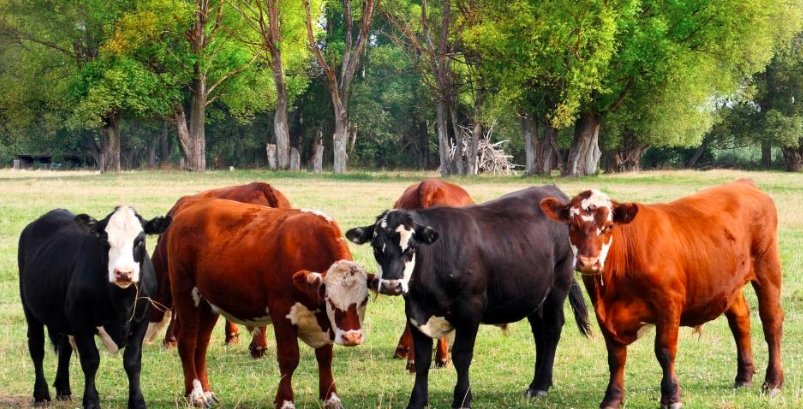Harnessing Natural Resources for Livestock Farming
Scotland’s red meat industry is leveraging its unique natural assets to pave the way for a sustainable future. With over 80% of Scotland’s land classified as grass or rough grazing, the country is exceptionally suited for cattle and sheep farming. These landscapes provide more than 90% of livestock feed in the form of grass, silage, and brewer’s grain, minimizing reliance on soy-based feeds often associated with deforestation.
Additionally, Scotland’s ample rainfall naturally irrigates pastures, ensuring that almost all water used in producing Scotch Beef and Scotch Lamb comes from rainwater, preserving vital freshwater resources.
Livestock Farming as an Environmental Ally
Well-managed grazing systems are vital for Scotland’s net-zero ambitions. Grazing livestock captures carbon from the atmosphere, storing it in the soil and vegetation such as hedgerows. These natural carbon sinks contribute to reducing greenhouse gas emissions while supporting biodiversity and maintaining wildlife habitats. The interplay between sustainable farming and environmental stewardship underscores the industry’s potential to balance productivity with conservation.

Pioneering the Environmental Baselining Pilot
In a bid to enhance its environmental performance, the sector has launched the Environmental Baselining Pilot Project, spearheaded by Quality Meat Scotland (QMS) and the Agriculture and Horticulture Development Board (AHDB). This initiative measures farm-level carbon footprints, factoring in both emissions and the carbon sequestration capabilities of soil, hedgerows, and trees.
By collecting data on:
- Soil carbon stocks,
- Greenhouse gas emissions, and
- Vegetation-based carbon storage,
farmers can implement strategies to reduce emissions and optimize carbon capture. This approach aligns with broader efforts to protect peatlands, reduce soil erosion, and restore ecosystems such as woodlands and wetlands.
A Sustainable and Competitive Future
Sustainability is increasingly prioritized in global food markets, positioning Scotland’s red meat sector to compete by emphasizing its eco-friendly practices. Efforts to prevent carbon release, maintain biodiversity, and foster resilient ecosystems not only benefit the environment but also enhance the economic viability of farming.
As stewards of the land, Scottish farmers are committed to maintaining rural landscapes’ health while addressing climate goals. Projects like environmental baselining demonstrate that achieving net-zero emissions is a collaborative process already embraced by the sector.
A Farmer’s Perspective
Kate Rowell, a fifth-generation cattle and sheep farmer from the Scottish Borders, highlights the intrinsic connection farmers have with sustainability. She operates Hundleshope Farm near Peebles, managing 75 suckler cows and 800 sheep across 750 hectares.
Having transitioned from veterinary medicine to farming, Kate underscores the critical role farmers play as caretakers of the land. She emphasizes that achieving net-zero is not an external imposition but a natural evolution in farming practices.
Building Momentum with Support
With continued political and economic backing, Scotland’s red meat industry can lead the way in sustainable agriculture. The integration of cutting-edge initiatives and traditional farming values ensures that the sector remains a key global player while reinforcing its environmental commitments.


















